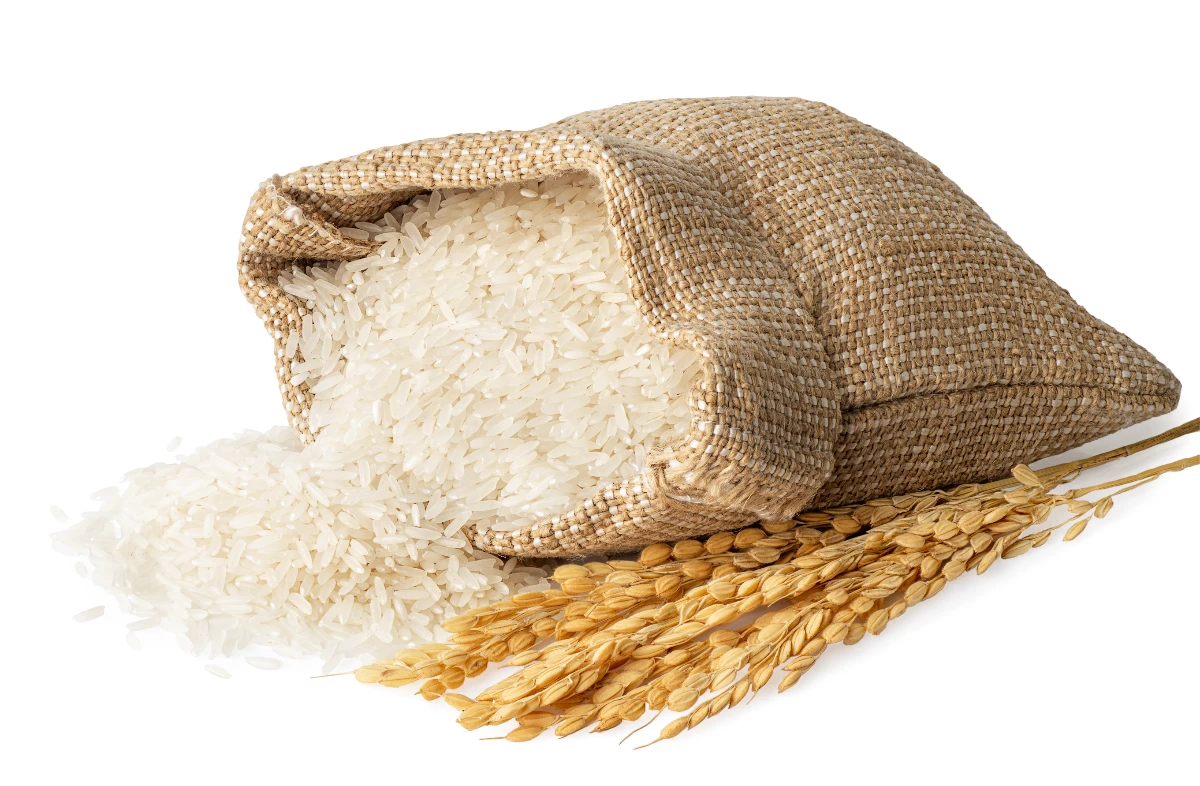Preparing for emergencies is a responsible and necessary step for every household. A well-thought-out stockpile ensures that you and your family can weather unexpected situations without undue stress. While it might seem daunting to build a stockpile on a budget, it is entirely feasible with careful planning and prioritization. Here are the 15 essential items to stockpile that won’t cost a fortune.

Long-Lasting Food Staples
Canned Goods and Non-Perishables
Canned goods, such as vegetables, beans, and meats, are excellent for long-term storage. They have a long shelf life, are relatively inexpensive, and can be used in various recipes. Look for sales and bulk purchase opportunities to maximize savings. Non-perishable items like pasta, rice, and grains are also essential, offering versatility and a lengthy shelf life.
Dried Foods
Dried foods, including rice, beans, lentils, and dehydrated fruits, are cost-effective and store well for long periods. These items are rich in nutrients and can be easily rehydrated for consumption. Purchasing in bulk from wholesale stores can significantly reduce costs.
Peanut Butter and Nut Butters
Peanut butter and other nut butters are excellent sources of protein and fats. They have a long shelf life and can be used in various meals and snacks. Opt for larger containers to save money and ensure you have a substantial supply.
Water and Hydration Solutions
Bottled Water
Water is the most critical item in any emergency stockpile. Aim to store at least one gallon of water per person per day for a minimum of three days. While bottled water can be costly, purchasing in bulk or using reusable containers can reduce expenses.
Water Filtration and Purification
Investing in a water filtration system or purification tablets is a prudent choice. These tools ensure you have access to safe drinking water even if your stored supply runs out. They are generally affordable and can be a lifesaver in prolonged emergencies.
Personal Hygiene and Health
Soap and Hand Sanitizer
Maintaining hygiene is crucial during any emergency. Stock up on soap and hand sanitizer to ensure you can keep clean even if water supplies are limited. These items are generally inexpensive and essential for preventing illness.
First Aid Supplies
A well-equipped first aid kit is a must. Include items such as bandages, antiseptics, pain relievers, and prescription medications. Many of these items can be purchased at discount stores or in bulk to save money.
Warmth and Shelter
Blankets and Warm Clothing
In case of power outages or severe weather, having extra blankets and warm clothing is vital. Look for deals on blankets, thermal underwear, and other warm clothing items to ensure everyone stays warm.
Emergency Shelter Supplies
Tarp, duct tape, and plastic sheeting can be used to create temporary shelters. These items are inexpensive and take up little space, making them perfect for your stockpile.
Lighting and Power
Flashlights and Batteries
Reliable lighting is essential in emergencies. Stock up on flashlights and batteries. Consider purchasing a mix of battery-operated and rechargeable options. Bulk buying can often reduce costs significantly.
Solar Chargers
Solar chargers can keep your essential devices powered without relying on electricity. They are a bit more of an upfront investment but provide a long-term solution to power needs during extended outages.
Tools and Equipment
Multi-Tool
A high-quality multi-tool can be invaluable for various tasks, from opening cans to making repairs. Investing in a durable multi-tool ensures you have a versatile tool at your disposal.
Manual Can Opener
Ensure you have a manual can opener as part of your stockpile. It’s a simple, affordable tool that is crucial for accessing your canned goods when there’s no electricity.
Communication and Information
Battery-Powered Radio
Staying informed during an emergency is critical. A battery-powered or hand-crank radio allows you to receive news and weather updates even if the power is out. These radios are relatively inexpensive and widely available.
Printed Emergency Plan
Having a printed emergency plan, including contact numbers and local emergency services, ensures you have vital information accessible even if digital devices fail. This can be easily created and updated at minimal cost.
| Item | Estimated Cost | Lifespan | Notes |
|---|---|---|---|
| Canned Goods | $1-$2 per can | 1-5 years | Look for sales and bulk purchase options |
| Dried Foods | $1-$3 per lb | 1-2 years | Purchase in bulk for savings |
| Peanut Butter | $3-$5 per jar | 1-2 years | Opt for larger containers |
| Bottled Water | $0.50-$1 per gal | Varies | Bulk purchase reduces costs |
| Water Filters | $20-$50 | Years | Essential for long-term water access |
| Soap/Sanitizer | $1-$5 | Varies | Stock up during sales |
| First Aid Supplies | $10-$50 | Varies | Buy kits or individual items in bulk |
| Blankets | $10-$30 | Years | Look for discounts |
| Flashlights/Batteries | $5-$20 | Varies | Bulk buy batteries for savings |
| Solar Chargers | $20-$50 | Years | Long-term investment |
| Multi-Tool | $10-$50 | Years | Durable and versatile |
| Manual Can Opener | $5-$10 | Years | Essential tool |
| Battery-Powered Radio | $10-$30 | Years | Look for durable models |
| Rice | $1-$2 per lb | 2-5 years | Buy in bulk to save money |
| Beans | $1-$3 per lb | 2-5 years | Store dried or canned for versatility |
Building an effective emergency stockpile doesn’t have to be expensive. By carefully selecting and prioritizing essential items, you can ensure your family’s safety and comfort without breaking the bank. Regularly review and update your stockpile to keep it ready for any situation.